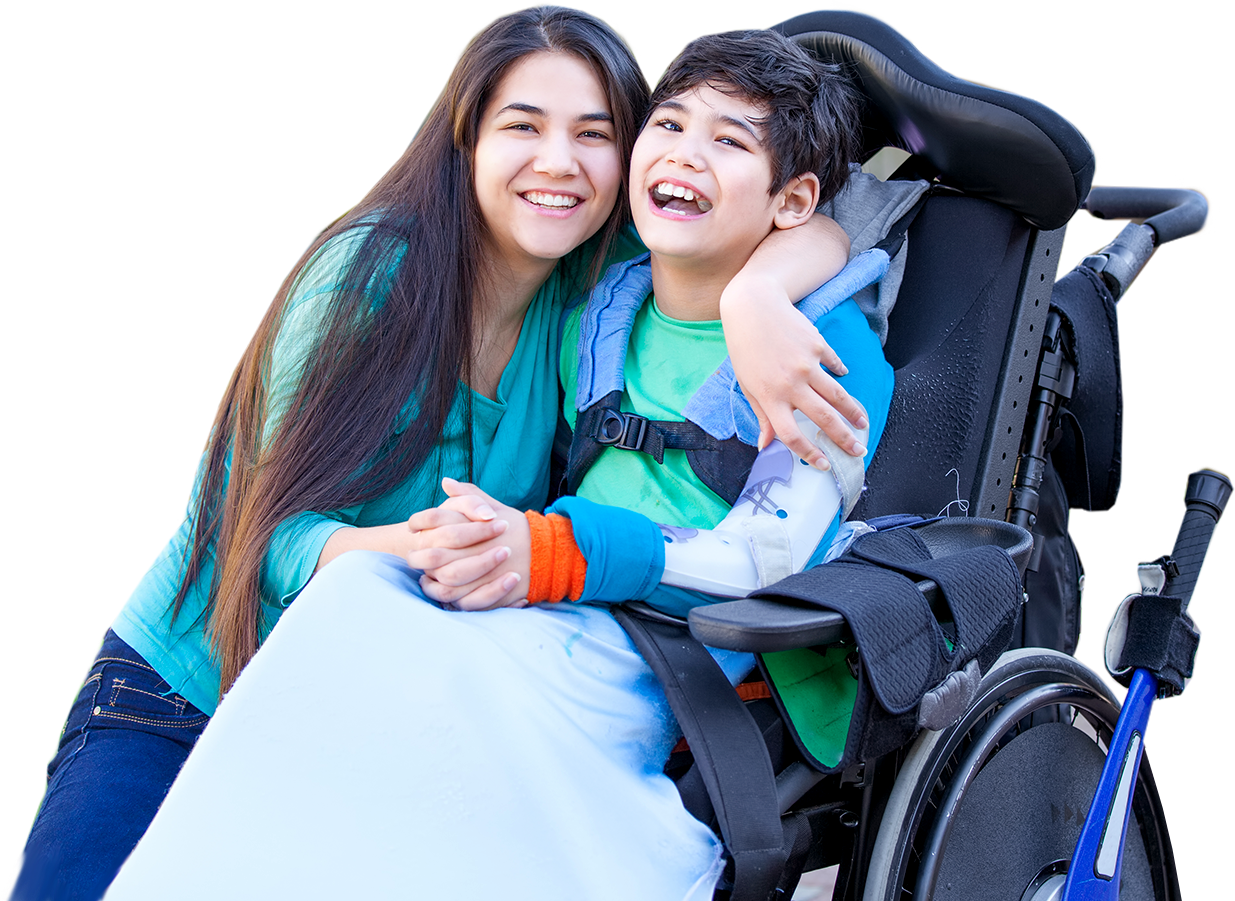CPFN Blog
advice to better care for your child

- Alternative
- Assistive Technology
- Associated Conditions
- Birth Injury
- Causes of Cerebral Palsy
- Cerebral Palsy Diagnosis
- Cerebral Palsy Information
- Cerebral Palsy Therapies
- Cerebral Palsy Treatments
- Child Development
- Doctor Visits
- Education
- Equipment
- Featured
- Legal Help
- Medical Research
- News
- Patient Care
- Prenatal Care and Childbirth
- Stories
- Tips for Parents
- Types of Cerebral Palsy
- Updates
Cord Blood Stem Cell Therapy for Cerebral Palsy: Evidence, Expectations, and Emerging Research
Cerebral palsy (CP) is the most common motor disability in childhood, affecting about 2–3 children out of every 1,000 births. It is caused by a sometimes-preventable injury to the developing brain and can affect movement, muscle tone, coordination, speech, and sometimes learning. For decades, treatment for CP has focused on managing symptoms — including physical... Read More
Early Warning Signs of Cerebral Palsy in Infants
Cerebral palsy is the name for a group of permanent, non-progressive disorders, caused by either abnormal development of the brain or damage to the developing brain. In many cases, early warning signs can signal that a baby or toddler might be afflicted with CP. What Should You Be Looking For? In general, cerebral palsy is... Read More
Types of Non-Spastic Cerebral Palsy: Mixed CP
Cerebral palsy can take various forms. Whether it’s spastic, dyskinetic, or ataxic, each affects the patient’s body in different ways. In some cases, a child may have symptoms from multiple forms of cerebral palsy—this is known as mixed CP. What is Mixed CP, Exactly? Mixed cerebral palsy refers to a condition where multiple forms of... Read More
Types of Non-Spastic Cerebral Palsy: Dystonic
Although many people associate cerebral palsy with spasticity, there are some forms of non-spastic CP that affect children. One of these is dystonic cerebral palsy. What is Dystonic Non-Spastic CP? Dystonic cerebral palsy, sometimes called dystonia, is a form of CP that causes changes in muscle tone and involuntary movements or uncontrollable muscle contractions. These... Read More
How Do You Manage a Child with Cerebral Palsy?
A cerebral palsy diagnosis is a shock to the entire family, particularly parents, guardians, and others who are the primary caretakers of the child. Caring for a child with CP will not be easy, but there are some helpful strategies you can employ as you navigate parenting your child with CP. What Does Caring for... Read More
Premature Birth and Cerebral Palsy
Although it does not affect every child born too early, premature birth has a clear link to a cerebral palsy diagnosis in many cases. It is important to understand risk factors, as well as potential ways to prevent both. What Does Premature Birth Have to Do With Cerebral Palsy? A premature birth is generally defined... Read More
What Are the Effects of Brain Hypoxia in Newborns?
Hypoxia is what happens when a baby suffers insufficient oxygen before or during birth. The insufficiency can be due to lack of adequate oxygen in the blood delivered to the baby through the umbilical cord or due to interruption of the blood flow, either intermittently or totally. This type of brain damage from hypoxia is... Read More
What Are the Long-Term Effects of Severe HIE?
If your baby did not receive enough oxygen during birth or even during fetal development, you may be starting to wonder about the long-term effects of severe hypoxic-ischemic encephalopathy—HIE for short—and what that means for your child’s future and quality of life. While HIE complications can be significant and challenging, families should know there are... Read More
How Can I Prove Medical Professionals Are to Blame for My Child’s HIE During Delivery?
Hypoxic ischemic encephalopathy (HIE) in newborns can have serious long-term consequences, including cognitive impairments, learning difficulties, and physical disabilities, as well as associated conditions such as cerebral palsy. If your child experienced this injury during birth and suffered as a result of a medical professional’s actions or inactions, you may be able to bring an... Read More
What Can I Do if I Suspect HIE Brain Damage Resulted from Medical Negligence?
Hypoxic-ischemic encephalopathy (HIE) is a traumatic birth injury caused by oxygen deprivation to an infant’s brain during pregnancy, labor, and delivery. It can cause a variety of complications, including cerebral palsy, physical and mental disabilities, impaired vision, hearing, and more. Families of children with hypoxic-ischemic encephalopathy (HIE) often face significant expenses in providing proper care... Read More
